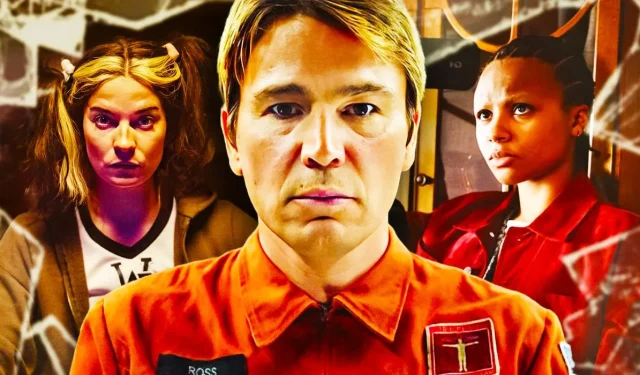Black Mirror season 6 premiered in 2023, showcasing five episodes that each present unique qualities, ranging from captivating storytelling to frustrating missteps. The acclaimed Netflix series has been known for its thought-provoking narratives that delve into the dystopian consequences of technological advancements since its debut in 2011. Across 27 episodes, it has delivered some of the most striking cautionary tales that examine how technology can manipulate individuals, reshape cultures, and alter our understanding of the human experience.
Previous seasons have raised poignant questions about the ethics of technological innovation, emphasizing the idea: “Just because we can, does that mean we should?”Some episodes feature inventive tech gadgets and software, while others focus on profound social commentary. This thematic duality continues in season 6, but certain episodes manage to weave these elements into compelling narratives more successfully than others. Below, we rank all five episodes of Black Mirror season 6 based on their premise, storytelling, and overall impact.
5 Mazey Day
Black Mirror Season 6, Episode 4
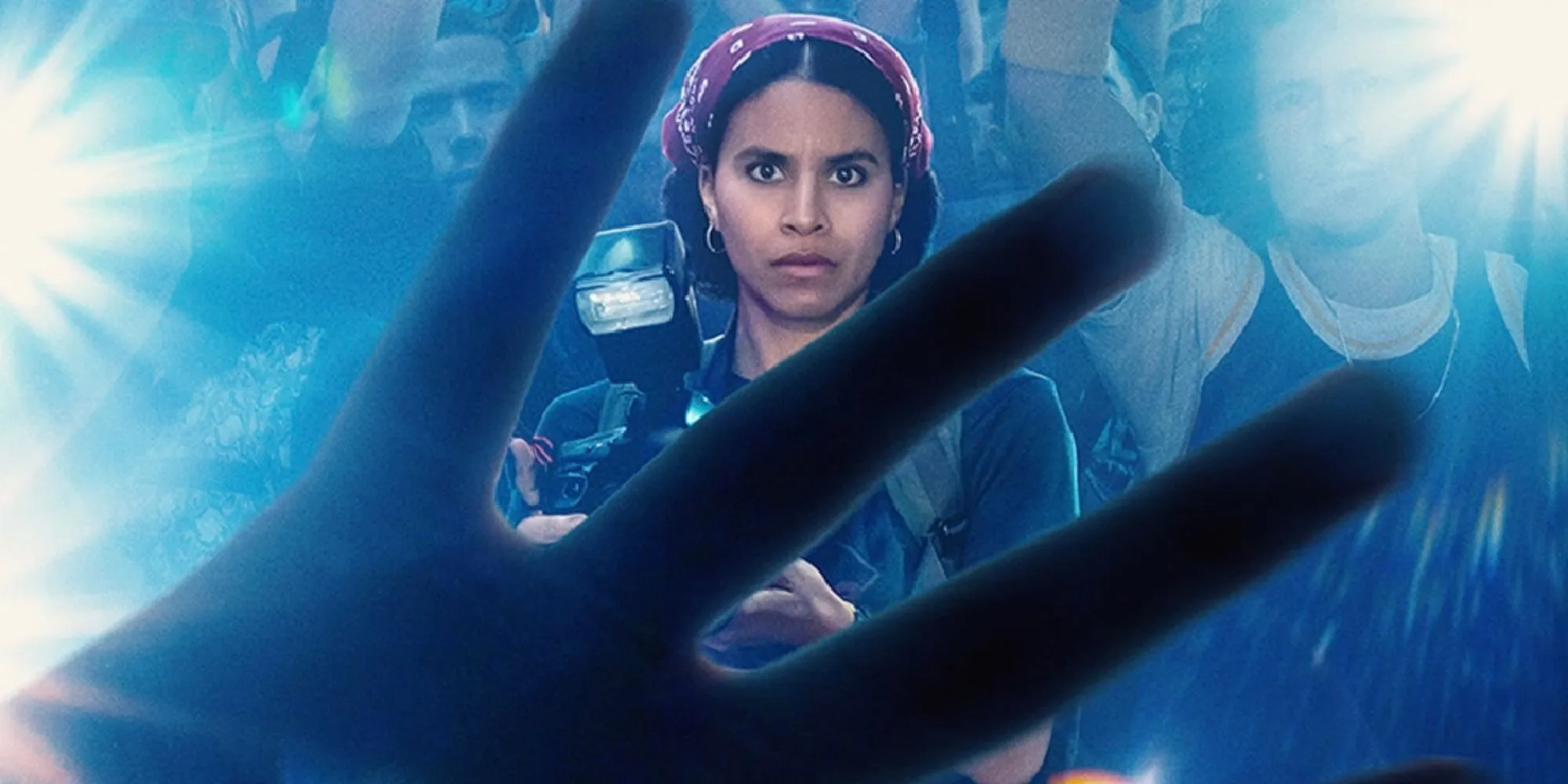
Mazey Day offers an interesting premise from its very first scene, but ultimately ranks as the weakest episode of season 6. Featuring Zazie Beetz as Bo, a character reminiscent of her role in Atlanta, the episode possesses a nostalgic vibe, recalling the early 2000s before smartphones took over but just in time to highlight the ubiquitous presence of celebrity culture and paparazzi.
While well-paced with elements of suspense and action against the sun-drenched backdrop of Los Angeles, Mazey Day’s execution falters, especially with an out-of-place supernatural twist that suggests a celebrity’s latent werewolf transformation. This unexpected direction detracts from the series’ core themes, rendering the episode a missed opportunity despite a poetic closing shot that hints at redemption.
4 Demon 79
Black Mirror Season 6, Episode 5
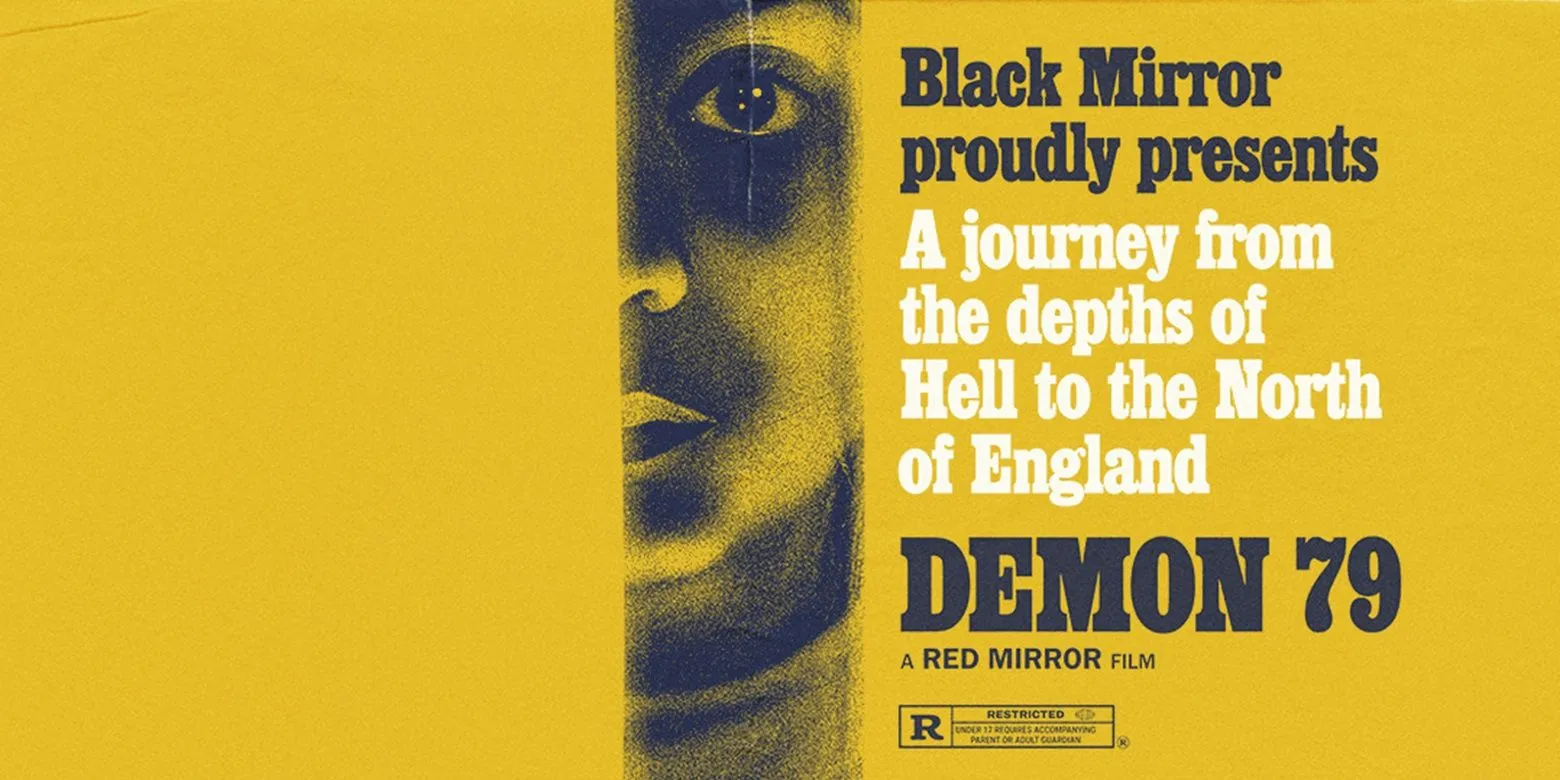
Demon 79 is tagged as a Red Mirror production, a label that signifies content within the Black Mirror universe that diverges from its traditional science fiction roots. While this distinction attempts to clarify the shift in tone, it can feel frustrating to see a Black Mirror episode stray from its hallmark themes of technology and societal critique.
This episode effectively showcases the blatant racial discrimination experienced by people of color, particularly those of Indian and Pakistani descent during the era it depicts. However, the supernatural themes, while intriguing, dilute the narrative’s momentum and critique, ultimately leading to a fantastical conclusion that lacks the essential cautionary messages that define the series.
3 Joan Is Awful
Black Mirror Season 6, Episode 1

While Joan Is Awful captivates with a strong initial hook, it ultimately lacks the sharp humor and engaging dialogue expected from the series. Many plot developments, such as the convoluted terms and conditions narrative, stretch credibility beyond realistic bounds. However, the episode does manage to explore the imminent potential of artificial intelligence’s role in content creation, sparking thoughtful reflections on the future of media.
2 Loch Henry
Black Mirror Season 6, Episode 2
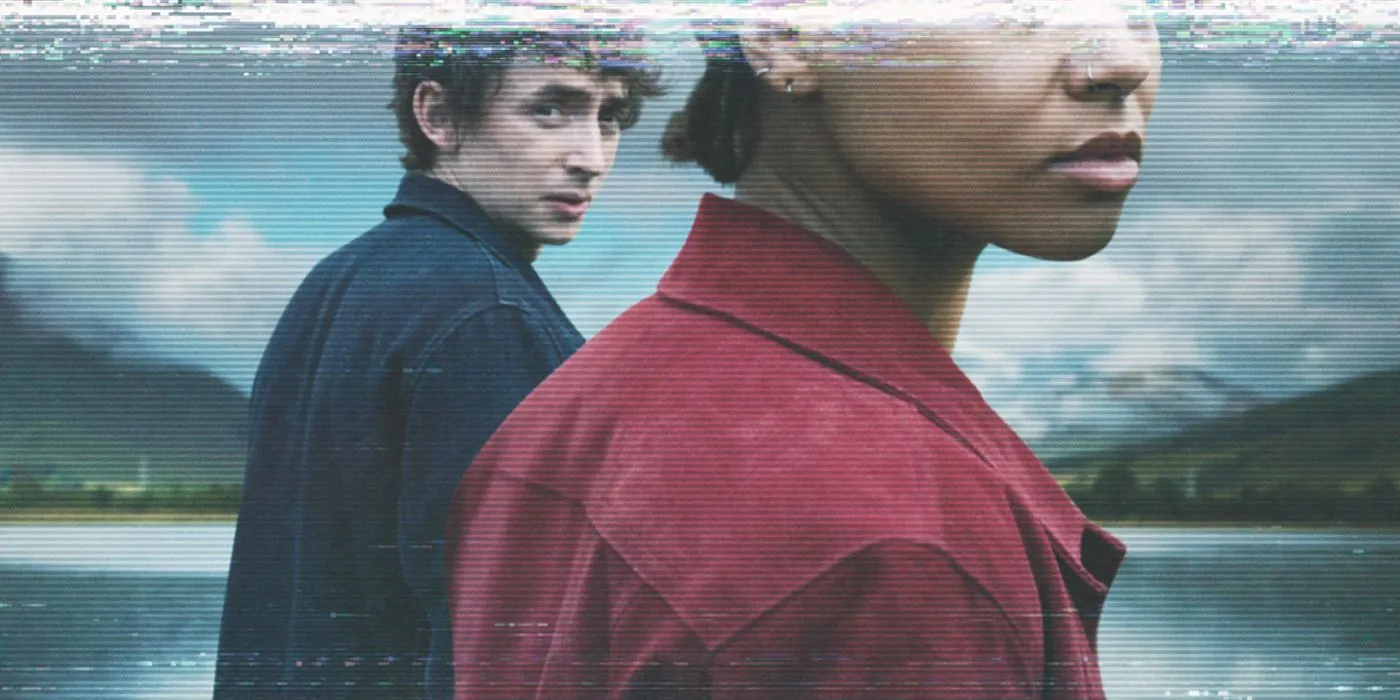
Loch Henry excels as a true crime narrative, fitting naturally within the Black Mirror framework. This episode offers a poignant critique of the entertainment industry’s exploitation of real-life tragedies, presenting a compelling self-reflexive argument. Its screenplay stands out among season 6 due to its wit and depth, focusing on the ethical violations inherent in converting such harrowing tales into commercial ventures.
The character dynamics, particularly that of the charming bartender Stuart, bring warmth to an otherwise chilling tale. Although Loch Henry doesn’t introduce groundbreaking technological elements, its commentary on society’s insatiable appetite for tragic narratives resonates deeply, reflecting Black Mirror’s core themes effectively.
1 Beyond the Sea
Black Mirror Season 6, Episode 3
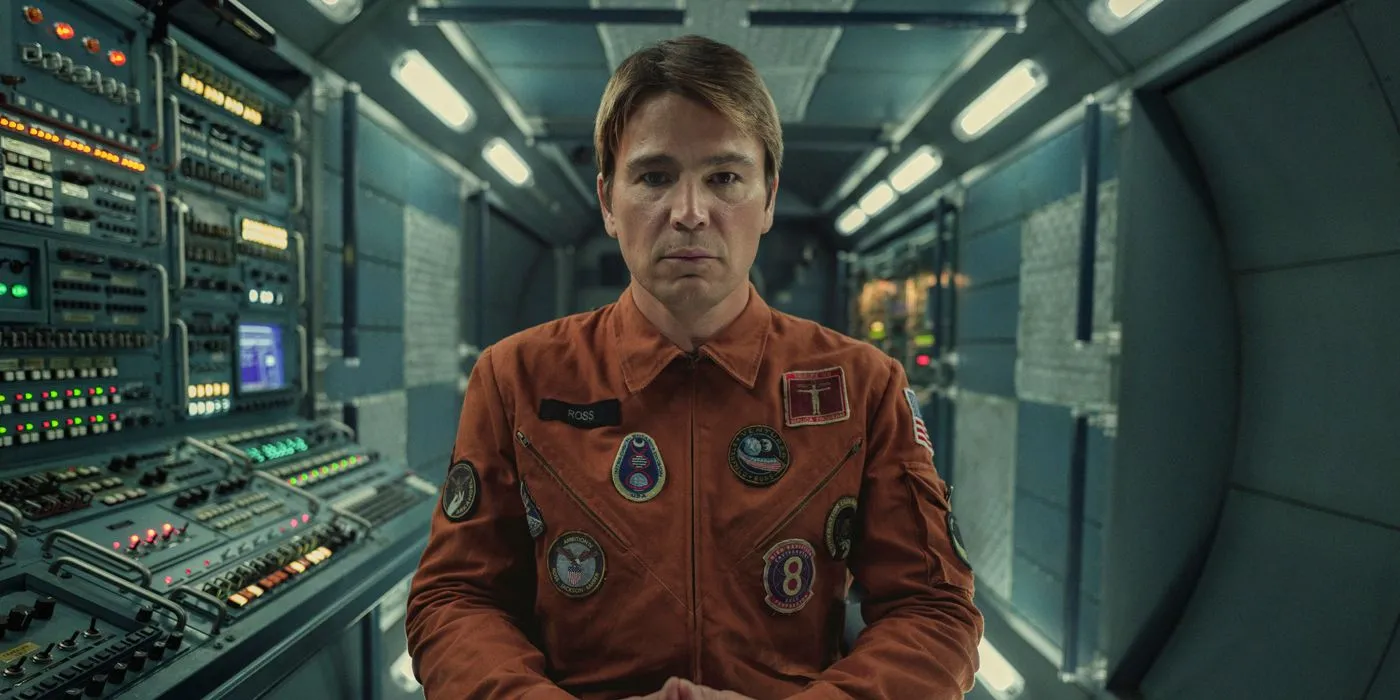
Beyond the Sea stands out as the most innovative and compelling episode of season 6. This entry showcases an inventive technological theme that intensifies suspense and narrative depth, centered on the relationship between character Cliff and his fellow astronaut, David.
Aaron Paul’s portrayal of these dual personas is a tour de force, capturing the essence of human fragility and morality in the face of trauma. The episode’s bleak perspective offers a profound meditation on the darker aspects of human nature, revealing how tragedy can breed cycles of violence and exploitation. With its rich thematic layering and groundbreaking technology involving consciousness transfer, Beyond the Sea rightfully earns its title as the crowning achievement of the season.
How Season 6 Compares To Other Black Mirror Seasons
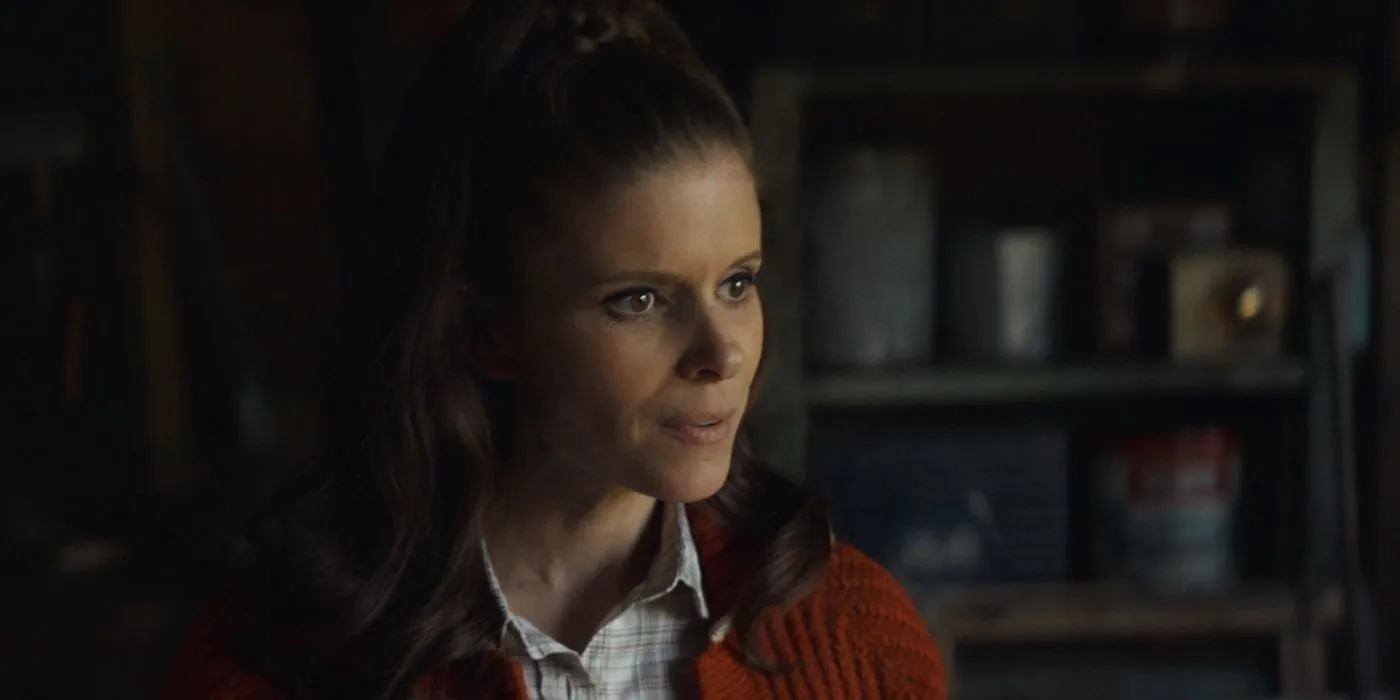
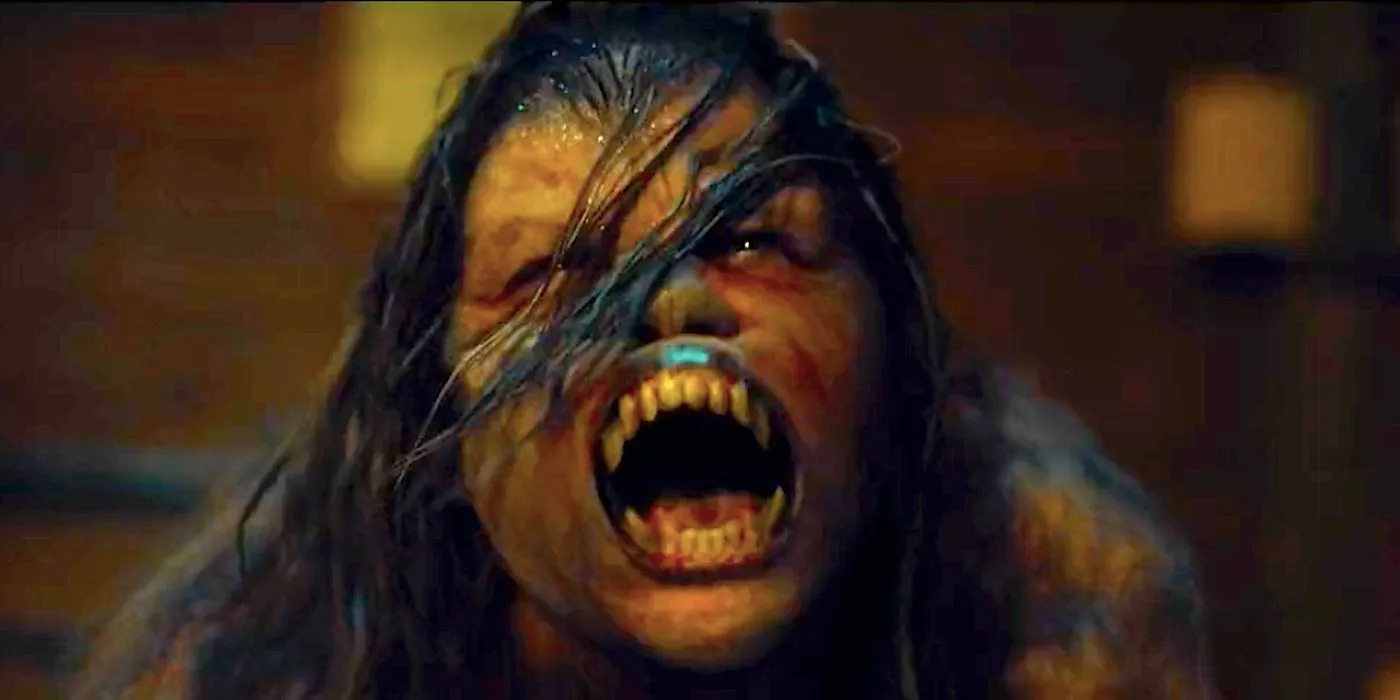

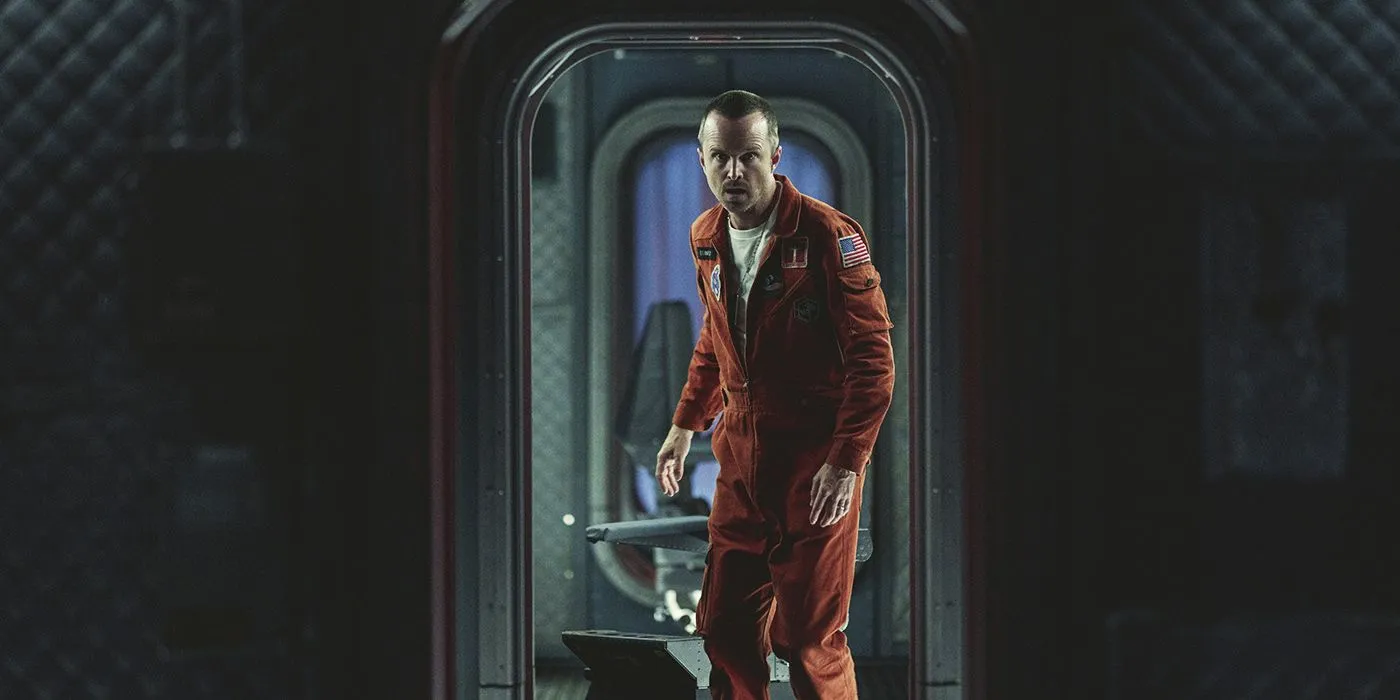
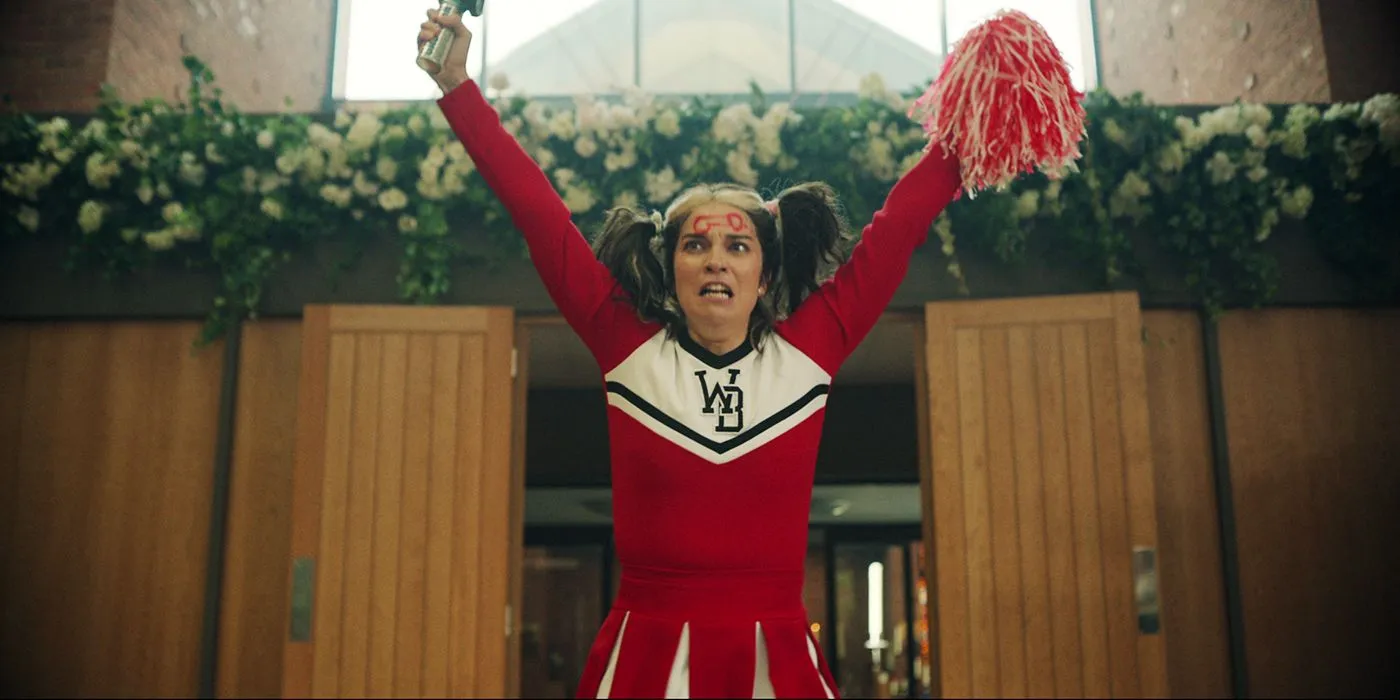
Season 6 continues Black Mirror’s tradition of presenting unique narratives, with its five episodes offering a diverse array of themes and styles. While each episode brings something distinctive, they collectively push the envelope, inviting discussions about where this season ranks among previous ones.
In the grand scheme, season 6 can be deemed “middle of the road”when compared to its predecessors, with far fewer lows than season 5—the consensus low point of the series. Many fans felt season 6 signified a return to form, revitalizing the show’s acclaimed legacy.
Nonetheless, it hasn’t quite reached the zenith achieved by seasons 1, 3, and 4, although “Beyond the Sea”might surpass some of the weaker offerings from those outings. Ultimately, Black Mirror season 6 lacks the consistency of its best seasons, as episodes like “Demon 79″and “Mazey Day”hold back an otherwise promising slate. Despite this, it remains a commendable entry in the Black Mirror canon.
